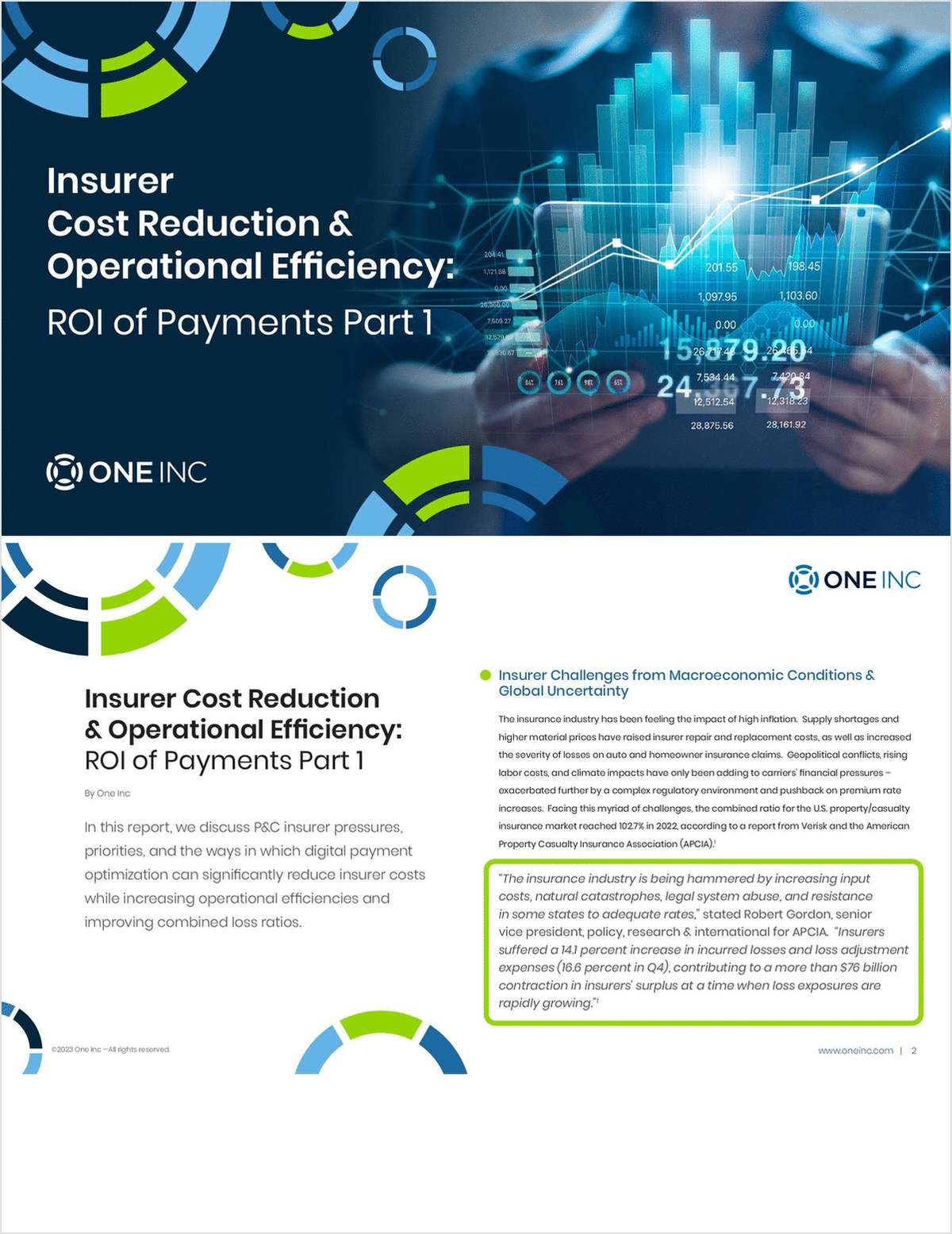By Arthur D. Postal, Washington bureau chief, National Underwriter P&C
Despite deep divisions within its own ranks and united opposition from Republicans, Democrats appeared to be moving closer and closer at year's end to landmark legislation reforming the nation's health care system, with vast implications for insurance sellers and consumers. 
The outcome is potentially huge for property-casualty agents, as a growing number depend on the sale of group health coverage–for which the market is never soft–for an increasing share of both their top-line revenue and bottom-line profits.
Throughout the often acrimonious debate, agents had two goals in mind. The first was retaining the employer-based, private health insurance system, and second, preserving their ability to sell all types of plans offered under the new regime.
With the Senate debate continuing as this story went to press, industry lobbyists worked feverishly to defeat any amendment to repeal the antitrust exemption accorded to health and medical malpractice insurers. Such a provision is included in the bill passed in early November by the House.
The House bill also includes a provision inviting the Federal Trade Commission to conduct studies of potential antitrust activities of all insurers, including property and casualty carriers. P&C industry lobbyists are concerned about the collateral damage such a provision might have on their business, as well as the potential cost of litigation that could be prompted.
Although prospects for passage have appeared bleak at times, given the division among Democrats and the nearly unanimous opposition of Republicans, Ira Loss, an analyst at Washington Analysis, believes passage of some bill is probably inevitable.
“Democrats have not given up on passage of healthcare reform. They are just too close,” he said. “It is no longer about policy. It is about winning.”
He said he believes the Senate, with the urging of the Obama Administration, will “cut the necessary deals to neutralize the opposition and secure the needed votes.”
He added that “although there are still several fights to be had and time is short for the Senate to pass the legislation before year-end, we remain optimistic that the Senate will meet this goal.”
Although that didn't happen, a final bill could still be negotiated with the House in the first quarter of 2010.
The most controversial dispute was over a public plan, included in the House bill.
Senate Democrats put forth a last-ditch compromise, negotiated by 10 moderate and liberal Democrats, which would allow people without health insurance who are over 55 to join Medicare, with younger uninsureds able to secure coverage through the federal employee insurance plan.
However, the compromise did not have the 60 votes needed to clear a Senate filibuster, and could be dropped to secure passage of the broader reform legislation.
John Greene, vice president of congressional affairs for the National Association of Health Underwriters, said the compromise plan was misrepresented and would be hard to administer.
He described the insurance coverage for federal employees–administered by the federal Office of Personnel Management–as an “employer plan with a single entry and exit point designed for a specific pool of individuals, and not solely for the purpose of gaining insurance coverage.”
He said it was “frustrating” to see reports ignoring this important distinction. “The federal government provides significant assistance with the premium and the rate increases that have occurred despite their size,” he said.
Greene said that allowing people to buy into the federal program would be “an administrative nightmare.” Separating employees of the federal government from everyone else “will add significant administrative burdens, and for a purpose not associated with employment in the government.”
While the compromise was still in play, Joel Kopperud, a director of government relations for the Council of Insurance Agents and Brokers, indicated that it might be acceptable to his membership, who sell a great deal of group health coverage.
“Of course we need to see the details of how this national plan would be administered through state exchanges,” he said. “But on the surface, we think that this may be something that competes fairly and are very encouraged.”
He added that this latest plan “sounds like it threads the needle.”
One way or the other, however, it appears agents can rest easy that private health insurance will survive the reform debate in some significant form–at least for the time being.
Originally published in the December 21, 2009, issue of National Underwriter P&C
Arthur D. Postal, is the Washington bureau chief at National Underwriter, part of Summit Business Media's P&C Magazine Group, which includes American Agent & Broker
Want to continue reading?
Become a Free PropertyCasualty360 Digital Reader
Your access to unlimited PropertyCasualty360 content isn’t changing.
Once you are an ALM digital member, you’ll receive:
- Breaking insurance news and analysis, on-site and via our newsletters and custom alerts
- Weekly Insurance Speak podcast featuring exclusive interviews with industry leaders
- Educational webcasts, white papers, and ebooks from industry thought leaders
- Critical converage of the employee benefits and financial advisory markets on our other ALM sites, BenefitsPRO and ThinkAdvisor
Already have an account? Sign In Now
© 2024 ALM Global, LLC, All Rights Reserved. Request academic re-use from www.copyright.com. All other uses, submit a request to [email protected]. For more information visit Asset & Logo Licensing.








